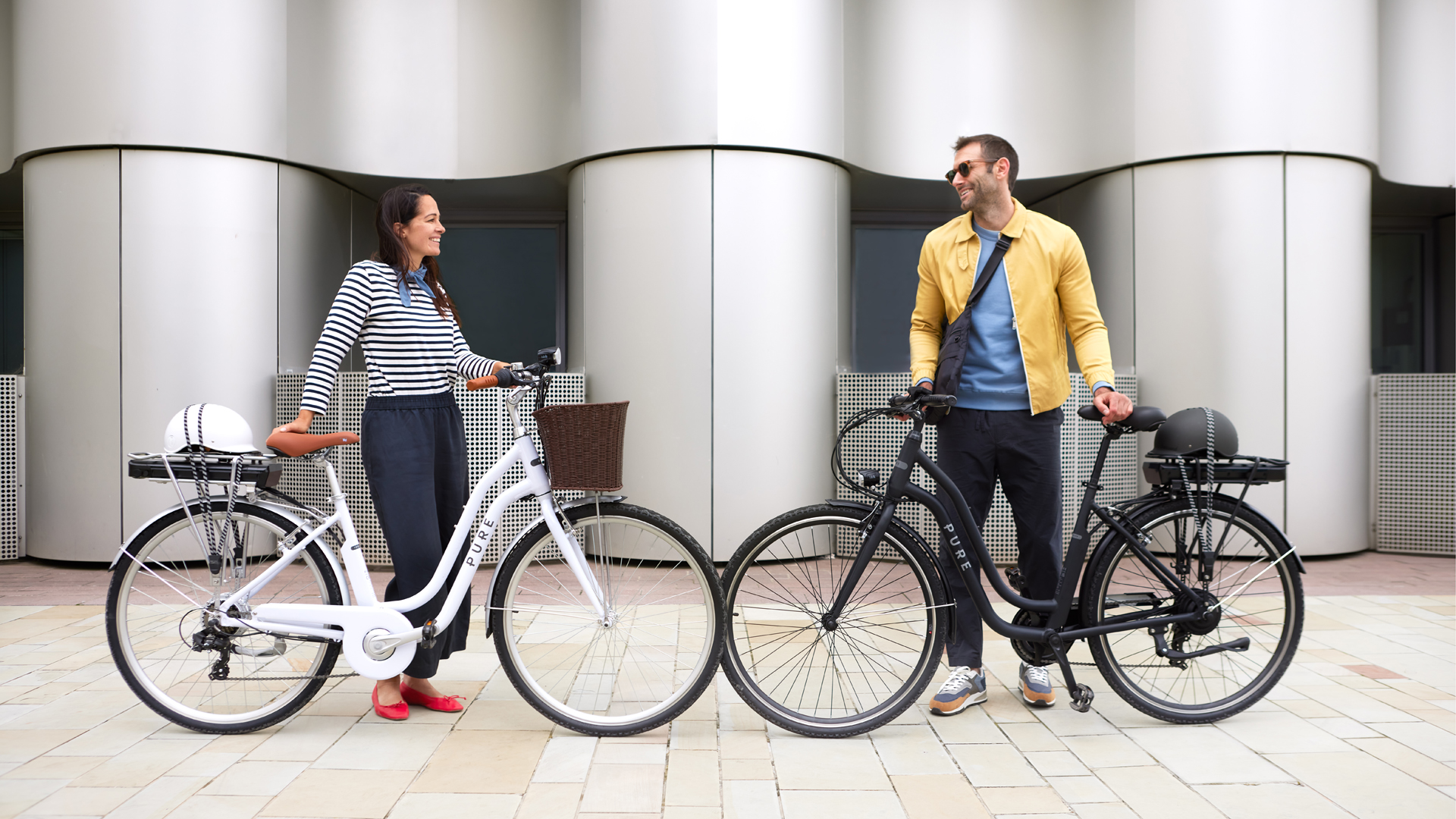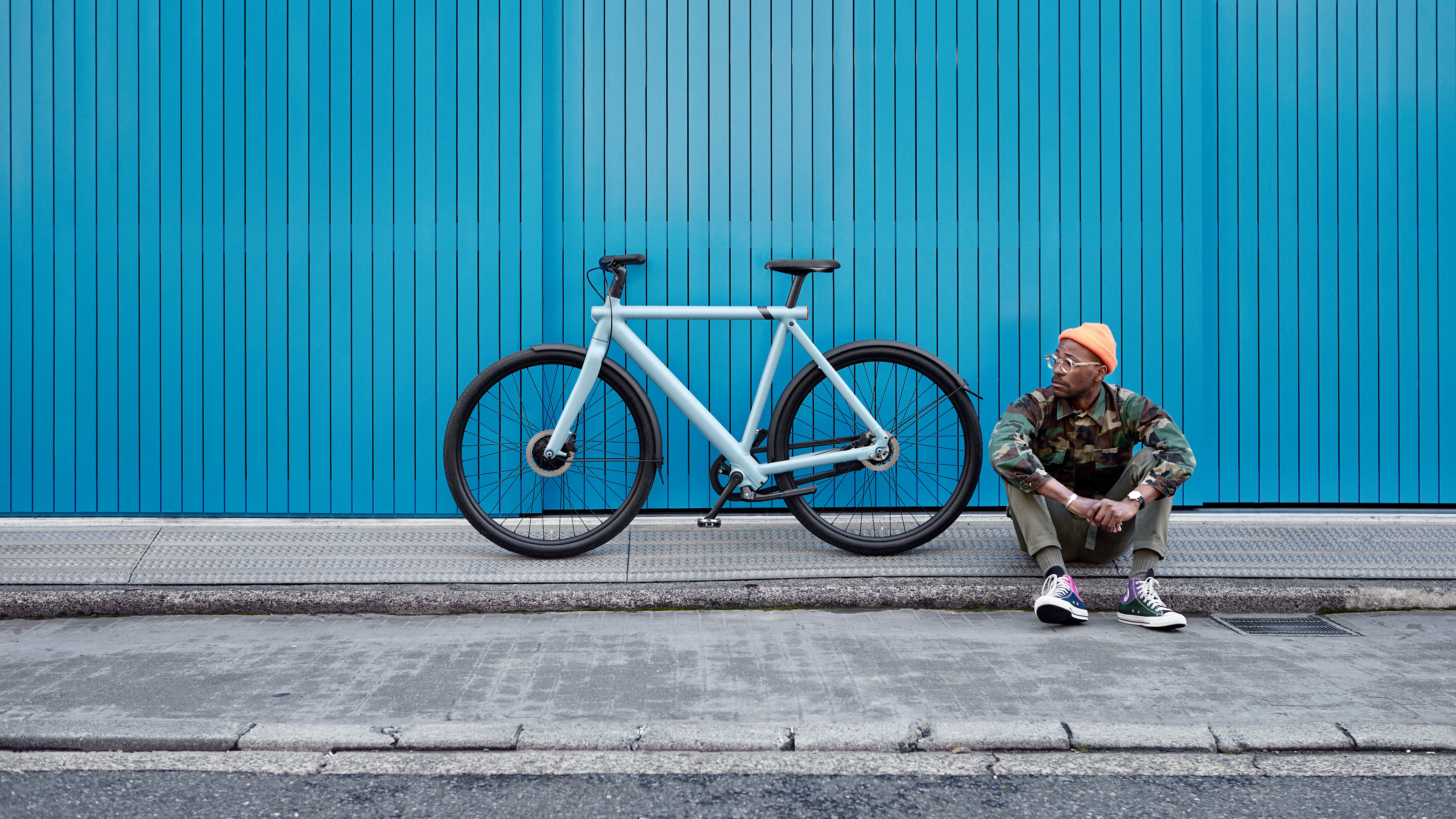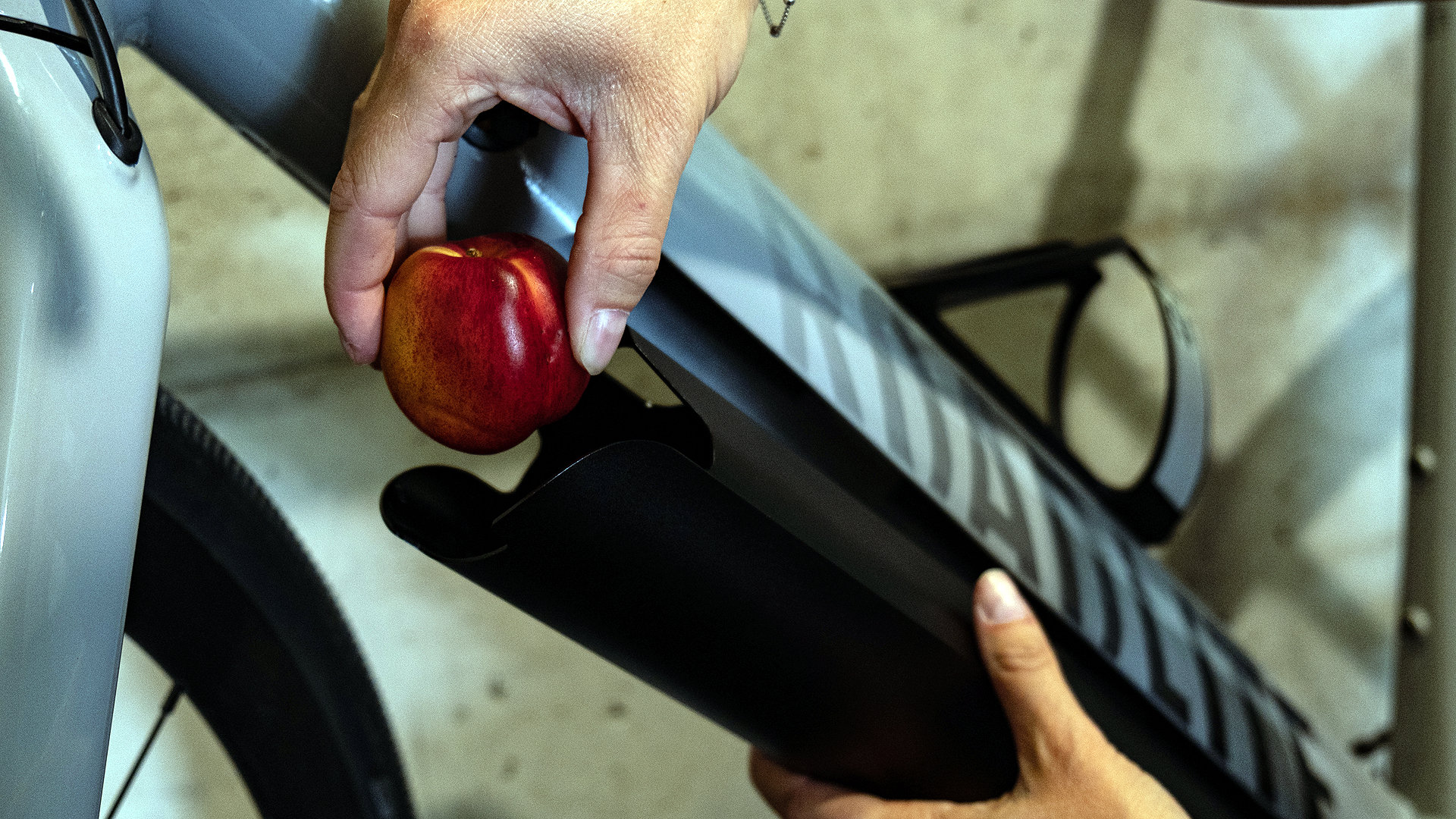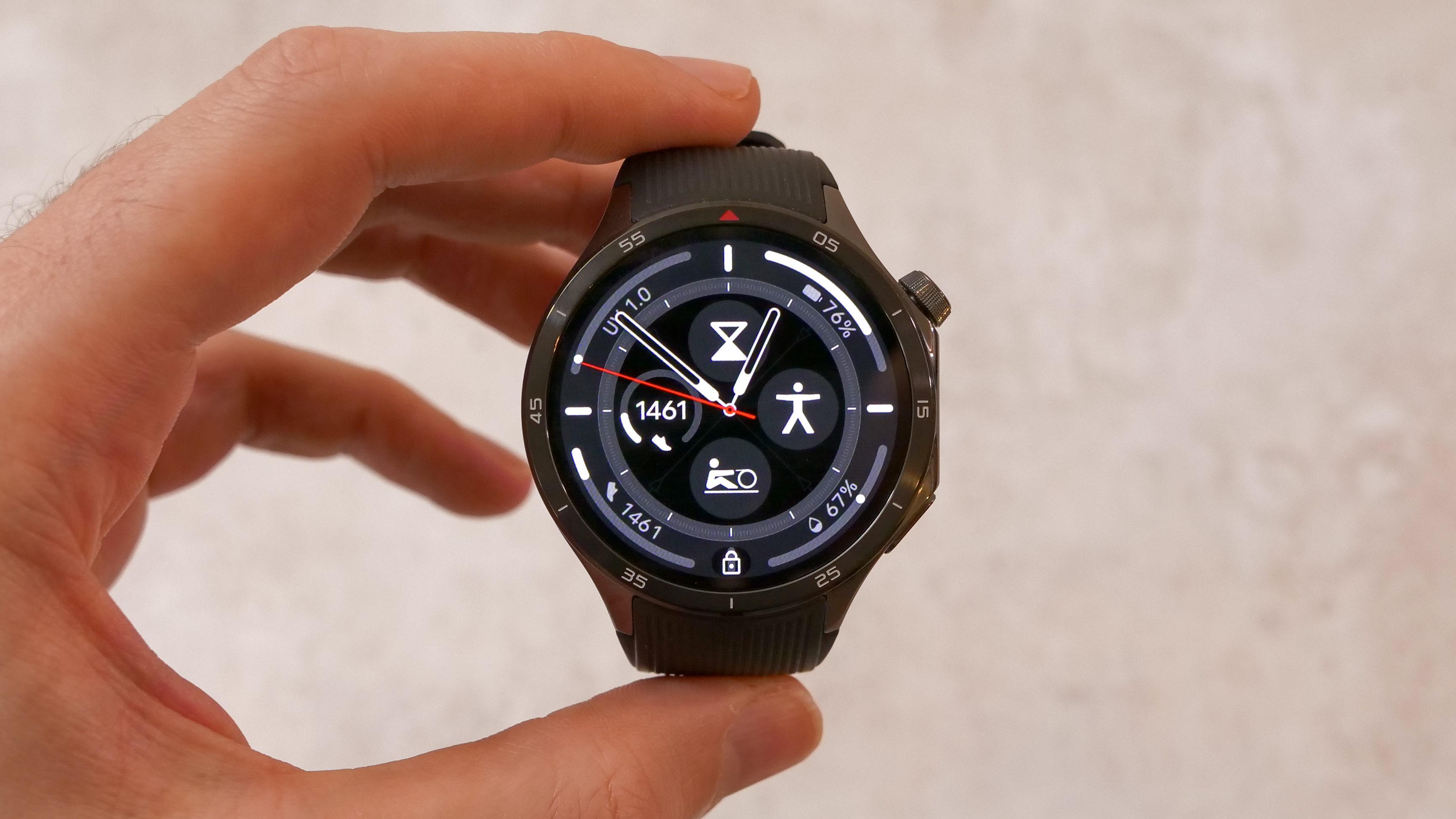

Demand for electric bikes – or ebikes if you prefer a shorter name – has gone though the roof in recent years and they are only going to get more popular. At the moment, fuel prices are soaring and yet roads are getting more and more busy. That can't be sustainable in any sense, For most people, the best electric bike is the best two-wheeled option for commuting, grocery shopping trips and generally getting around town. They are also very useful in rural settings, as they deal particularly well with hills and make cycle journeys that would be tiring and slow feel much less arduous.
We also have a more technical guide to what to look for when buying an ebike, but this is a guide to the basics, designed to answer the question, should I buy an ebike? Of course, I don't need to buy an ebike as people keep sending me them to review, so strictly speaking the question is should you buy an electric bike?
TL;DR/spoilers: yes, you probably should.
- Want to know about some other potential purchases?
- Should I buy a bean to cup coffee machine?
- Should I buy an air fryer?
- Should I buy Sky Glass?
Should I buy an electric bike? And what should I pay for an ebike?

I would say the entry level for ebikes is £1,000 or about US$1,300 or AU£1,750. That is not a recommendation that you spend £1,000 however. If you want a bike for a short daily commute and not much else, and you live in a city that is not especially hilly, like London, a good bike at this price might well be enough, and should of course be safe, and able to last for five years plus. In the UK I would recommend something like the Pure Electric Pure Free City, which is actually £1,100.
However, I would really recommend stepping up to the £2,000/$2,600/AU$3,500 for your first ebike, if you can afford it. Something like the VanMoof S3, which is just under £2,000 or $2,000 adds a lot more features and feels much better to ride.
If you are looking at a folding bike or a lightweight, sporty road bike with electrical assistance, you need to set your sights even higher – let's say, for the sake of argument, around £3,000/$3,900/AU$5,520. Adding a folding mechanism that is going to be used every day, or reducing the weight of an ebike to something even remotely akin to a road bike are not easy tasks.
These are not hard and fast 'rules' of course; just guidelines. You may find an ebike that is absolutely perfect for you without having to pay the amounts I've suggested here. However, from my experience you are much more likely to find the best ebike for you if you if you stick roughly to these pricing guidelines.
Sign up to the T3 newsletter for smarter living straight to your inbox
Get all the latest news, reviews, deals and buying guides on gorgeous tech, home and active products from the T3 experts
A quick note here on new ebikes that appear on platforms such as Kickstarter. If you are comfortable with backing a brand new bike from an unknown manufacturer, this kind of crowd-funding platform can be a great way to secure a bargain. Personally I am not comfortable with buying bikes in that way.
What is an electric bike like to ride?

What are ebikes like to ride? NOT like this, usually
You can get all kinds of ebike, including lightweight elite road bikes that will ride like the wind, and the weird Zooz Urban Ultralight e-BMX, which can apparently ride vertically. We also have a guide to the best electric mountain bikes, which are again very different to what most people will be shopping for when they look for an ebike. Those kind of bikes are like the Ferraris and Land Rovers of the ebike world.
Most electric bikes are not like that. I always find ebikes a lot of fun to ride because they accelerate quickly and make getting up hills easy. However, in the UK and Australia they are all capped at 15.5mph (25kph). You can 'hack' this on many bikes and go faster, but you will be taking a risk, breaking the law and invalidating your warranty.
Now for some people, 15.5mph is fast. For most people, it's also fast enough most of the time in a congested city. Any car owner in London would give their front teeth to to be able to consistently hit that speed in central areas.
However, on a long, open road I can say with absolute certainty that 15.5mph is not fast. It starts to feel incredibly slow, almost to the point of being unsafe if there is lots of traffic behind you. Now ebike manufacturers and advocates will always tell you that you can pedal fast and get above that limit and that is true to an extent. You need to be aware, however, that the motor assistance cuts out completely at 15.5mph and then you are pedalling a bike that may weigh as much as 25 kilos, desperately trying to get to 20mph or more. For most people, that is not easy; in fact it's bloody tiring.
I wrote a while ago about why I think the ebike speed limit should be raised. Taking it up to 20mph would still be safe in my opinion, but would make ebikes even more fun to ride. In many parts of the USA, ebikes are already allowed to go up to 20mph and it doesn't seem to be causing carnage. So-called 'Class 3' ebikes in the States are more like mopeds and, where legal, can do 28mph.
None of this is to say you shouldn't consider an ebike. Especially in urban areas, 15.5mph is plenty, 90% of the time. It's just something you need to be aware of, if you were imagining yourself blasting along at high speeds on your new ebike, and cruising past road-bike-riding men in tight Lycra with insouciant ease.
How long do electric bike batteries last?

This is a vexed question, and perhaps the thing that puts the most people off buying an electric bike. The answer comes in two parts, because it's a question with two meanings.
Firstly, the range of an electric bike is important but, unless you are making a huge commute every day, probably not as important as you think. Most modern ebikes will do at least 20 miles and usually more like 30 miles on their top power setting before needing a recharge. Do you envisage yourself commuting 30 miles every day on your ebike? It will take you at least 2 hours, so I would suggest not.
The other question about the longevity of electric bike batteries is how long they last before dying entirely. Again, the news here is not as bad as you might fear.
Depending on how often you ride, how much assistance you use, how good the bike's battery management software is, how big the battery is in the first place and a number of other parameters you will get varying results but most e-bike batteries should last 3-5 years before they start to lose charge.
Now, 3-5 years probably doesn't sound like a long time, given the cost of an e-bike and the cost of getting a new battery – anything from £150 to around £1000 depending on its sophistication and capacity. However it's not the case that your bike will immediately die when the battery loses charge, it just means your maximum range will diminish. Depending on how often and how far you habitually ride it, you could still get another 2-3 years of acceptable use out of it.
Eventually you will probably need to replace the battery, but maybe that is just nature's way of telling you it's time to buy a whole new bike.
Will an ebike get me fit?
Hey, good question! The answer is it'll get you more fit than not cycling at all, and less fit than riding a normal bike. Assuming you are starting from a position of driving a car or taking public transport, moving to an ebike will give you the same fitness improvements as moving to a normal bike in the first month. That's according to research quoted by ebike brand Cowboy.
After the first month, riders of bikes without motors will get more fitness gains than ebike riders, so long as they continue to ride regularly, but you shouldn't underestimate the physical and mental health benefits of daily exercise, which riding an ebike certainly provides.
I been told by certain ebike brands that their riders are in the habit of using their ebikes with the electrical assistance turned off, so they get more of a workout. And certainly you could do that. I suspect the number of electric bike owners who do that in real life is probably on the low side, though.
So, should I buy an electric bike?
If you have a daily commute of, let's say 5 miles or so, and you want to ditch your car and/or stay off public transport, there's nothing better than an ebike. The best electric scooters have their charms, but they seem to be me to be inherently less safe and certainly inherently less legal, in the UK.
As I said earlier, good electric bikes are available from as little as £1,000/$1,300/ AU£1,750. Even with the price of electricity rising, the running costs of an ebike are negligible, especially if you can recharge at your office. Although I'd recommend paying for insurance and at least one of the best bike locks on the market as well, of course.
Electric bikes are a great way to zip around town, and sturdier ebikes can be useful for longer trips in urban and rural areas alike. I don't want to overstate the eco-friendliness of ebikes as they contain a battery and motor that will ultimately cease working and may well prove hard to safely recycle. However, I can say with some certainty that ebikes are greener than cars and buses and faster than jogging (usually).
Duncan is the former lifestyle editor of T3 and has been writing about tech for almost 15 years. He has covered everything from smartphones to headphones, TV to AC and air fryers to the movies of James Bond and obscure anime. His current brief is everything to do with the home and kitchen, which is good because he is an excellent cook, if he says so himself. He also covers cycling and ebikes – like over-using italics, this is another passion of his. In his long and varied lifestyle-tech career he is one of the few people to have been a fitness editor despite being unfit and a cars editor for not one but two websites, despite being unable to drive. He also has about 400 vacuum cleaners, and is possibly the UK's leading expert on cordless vacuum cleaners, despite being decidedly messy. A cricket fan for over 30 years, he also recently become T3's cricket editor, writing about how to stream obscure T20 tournaments, and turning out some typically no-nonsense opinions on the world's top teams and players.
Before T3, Duncan was a music and film reviewer, worked for a magazine about gambling that employed a surprisingly large number of convicted criminals, and then a magazine called Bizarre that was essentially like a cross between Reddit and DeviantArt, before the invention of the internet. There was also a lengthy period where he essentially wrote all of T3 magazine every month for about 3 years.
A broadcaster, raconteur and public speaker, Duncan used to be on telly loads, but an unfortunate incident put a stop to that, so he now largely contents himself with telling people, "I used to be on the TV, you know."
-
 Leaked AirPods prototype looks like Nothing... literally
Leaked AirPods prototype looks like Nothing... literallyAnd we are here for them
By Britta O'Boyle Published
-
 OnePlus Watch 3 lands in the UK with a flurry of freebies and a huge discount
OnePlus Watch 3 lands in the UK with a flurry of freebies and a huge discountThe new titanium-clad smartwatch brings 120-hour battery life, ECG health checks, and some serious launch offers
By Matt Kollat Published